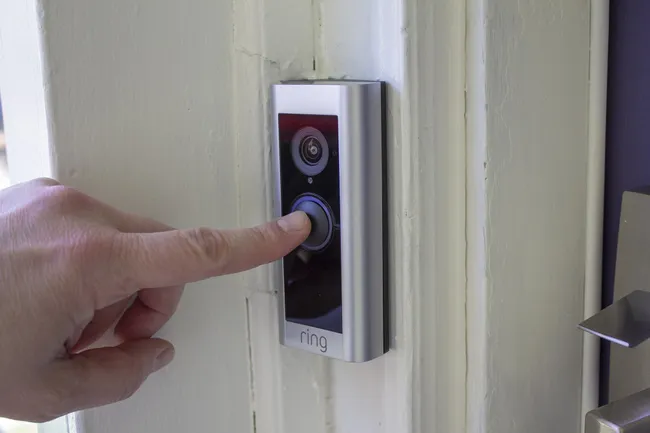 Amazon revealed it has provided Ring camera footage to police without a warrant or consent, which for obvious reasons, seems like it shouldn't be possible.
Amazon revealed it has provided Ring camera footage to police without a warrant or consent, which for obvious reasons, seems like it shouldn't be possible.In a report by The Intercept, Amazon has admitted to providing Ring camera footage to police without customer consent or a warrant numerous times in 2022 alone.
This isn't the first time we've seen Amazon cozy up to law enforcement and provide customer data, and I'm worried it won't be the last. What I do know is that the reason this can happen should not be allowed under any circumstances.
Long story short — Senator Edward Markey (D-MA) asked Amazon to clarify its policy and relationship with American police departments. Brian Huseman, Amazon's vice president of public policy, stated that Amazon handed over camera footage to police without consent, or a warrant, 11 times in 2022. Huseman also rejected policy reforms prohibiting financial contributions from police agencies, and denying access to immigration enforcement agencies.
This sounds like it should be in violation of Ring's listed privacy policy. Unfortunately, it might not be.
An ambiguous privacy policy
Most companies that collect and monetize user data have a clear-cut policy when it comes to providing data to law enforcement, usually stating that a warrant would be required and then complied with. In the case of Ring, though, it's not so clearly defined.
From Ring's publically listed privacy policy: "We also may disclose personal information about you (1) if we are required to do so by law or legal process (such as a court order or subpoena); (2) to establish, exercise or defend our legal rights; (3) when we believe disclosure is necessary or appropriate to prevent physical or other harm or financial loss; (4) in connection with an investigation of suspected or actual illegal activity; or (5) otherwise with your consent."
Amazon decides what is harmful but doesn't say how it decides.
The first case is required and expected. When a judge says you must comply then you must comply (unless you're an executive-level government official, for some reason). The second exemption is fine, too — Amazon has the right to produce evidence to protect itself. The fifth and final stipulation is also fine, and if you allow it, then Amazon can do it. It's those pesky, largely open to interpretation, number four and five footnotes that are worrisome.
Amazon doesn't outline what practices it uses to decide if releasing video footage will "prevent physical or other harm or financial loss," and "in connection with an investigation or actual illegal activity" could mean sharing without consent or a warrant. This criterion is far too broad, and only Amazon gets to decide if the footage fulfills the requirement.
"We will share personal information with third parties if we have a good faith belief that access, use, preservation or disclosure of the information is reasonably necessary to (i) meet any applicable law, regulation, legal process or enforceable government request; (ii) enforce Nest policies or contracts, including investigation of potential violations; (iii) detect, prevent or otherwise address fraud, security or technical issues; (iv) protect against harm to the rights, property or safety of Nest, our users or the public as required or permitted by law."
Cops love the idea. In an internal memo, Amazon shares praise from Sgt. John Massi of the Philadelphia Police Department, who states "Wish I had some better wording for this but to put it bluntly, this is just F*CKING AWESOME!" in regard to Ring's relationship with law enforcement.
But police departments are not Amazon's customers here and are not part of the agreement between Amazon and people who actively use a Ring product.
This whole thing stinks. Everything about it stinks. And it can't be allowed.
Source : Android Central
Post a Comment